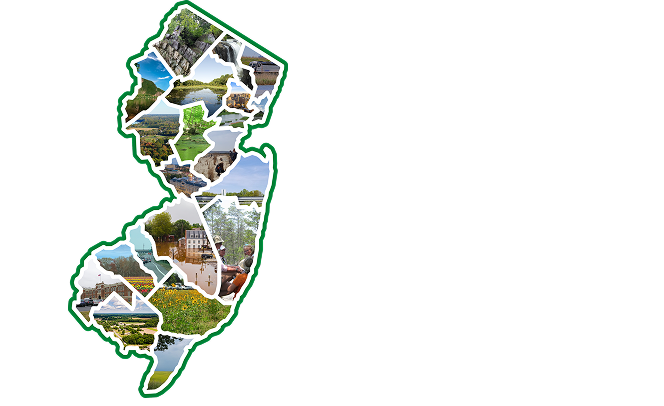Active banners: 0 Visible banners: 0
Food Waste Lesson Plan
Created by Teacher(s): Kate Strangfeld|Published on: August 14, 2022
Lesson Plan Created by SubjectToClimate teachers
678
Synopsis
This lesson explores the complexities of food waste and its connection to climate change.
Inquire: Students think about food waste and how it may be connected to climate.
Investigate: Students learn about different sources and areas of food waste, how food waste is rooted in inequity, and how food waste contributes to greenhouse gas emissions.
Inspire: Students discuss different solutions and actions being taken to address food waste and reflect on the actions they can take within their own community.

Subjects: Social Studies, Earth and Space Sciences
Duration: 1 hour 10 minutes
Region: Global
Teaching Materials
Lesson Plan Preview
Accompanying Materials
Scientist Notes
Teaching Tips
Standards
Teacher Writer

Kate Strangfeld
6-12 Chemistry Teacher
Reviews
All resources can be used for your educational purposes with proper attribution to the content provider.




